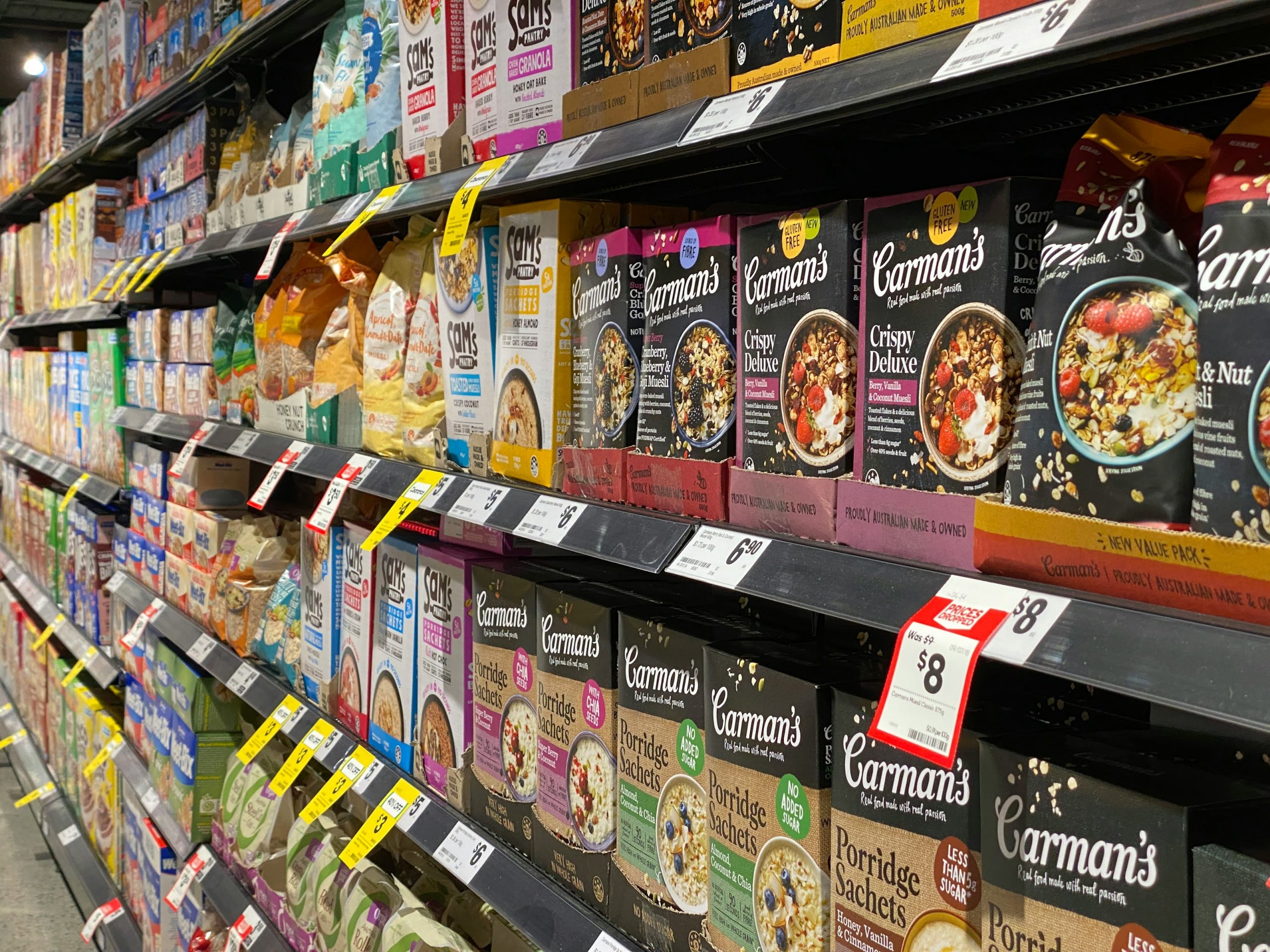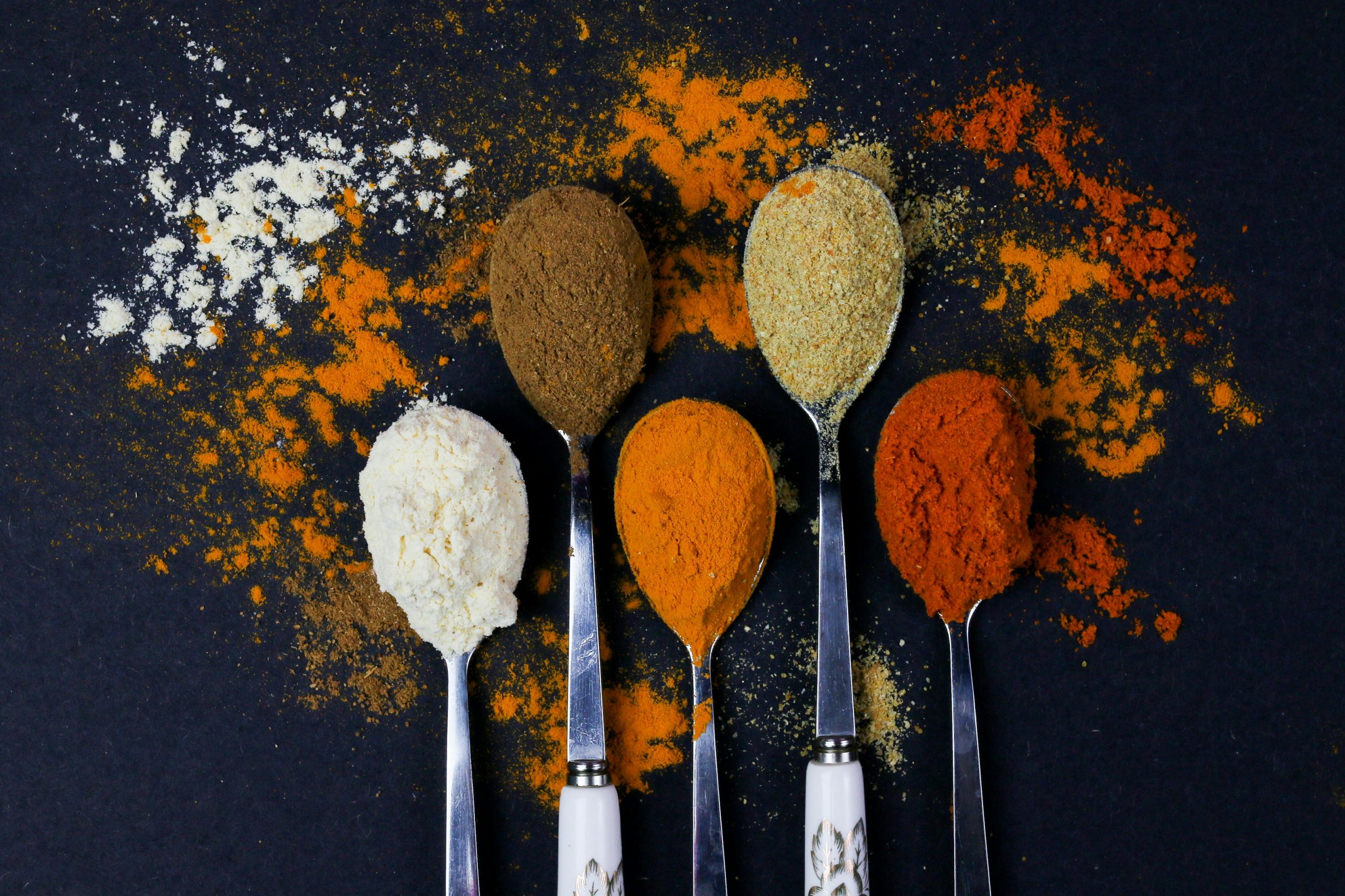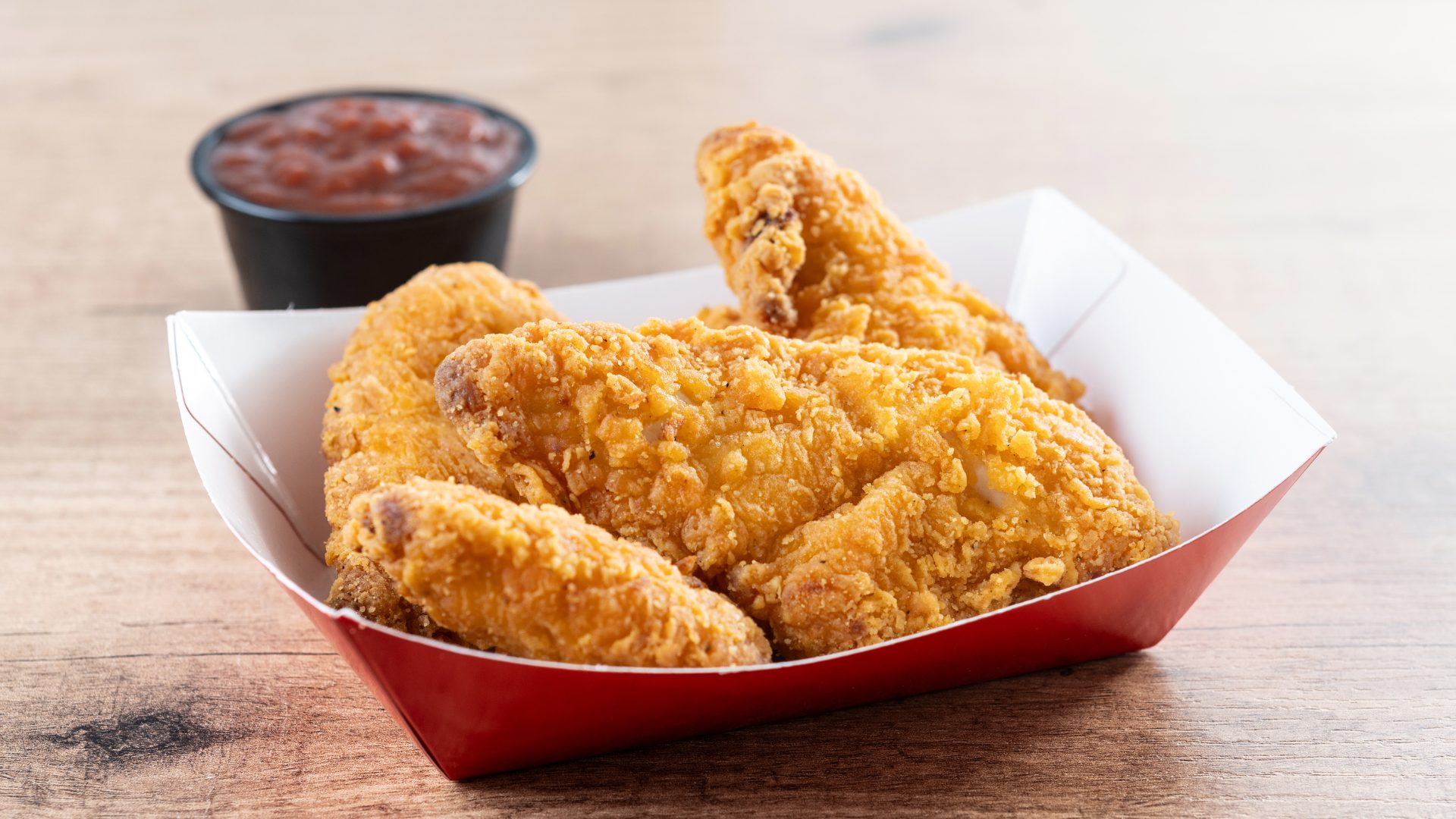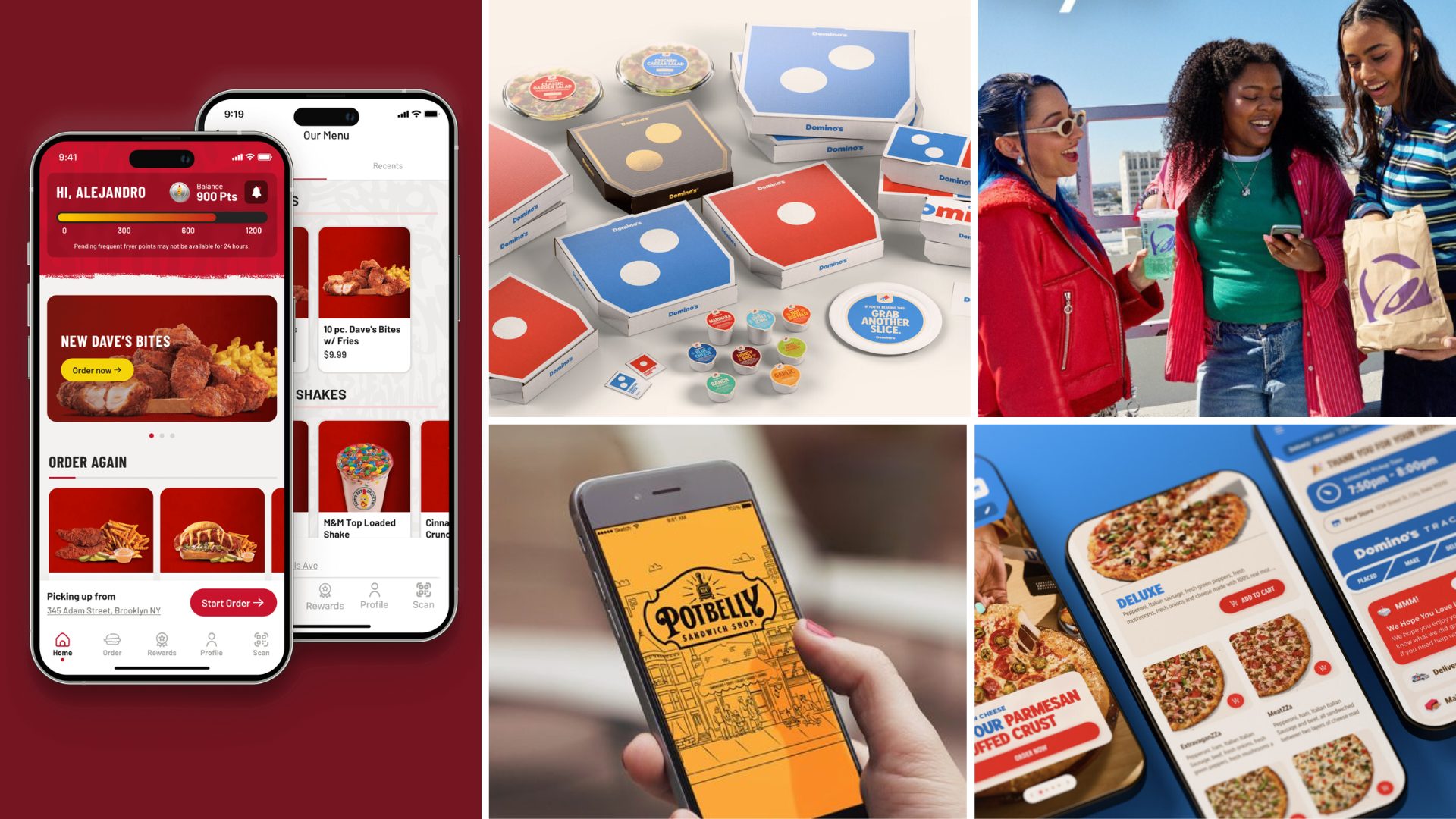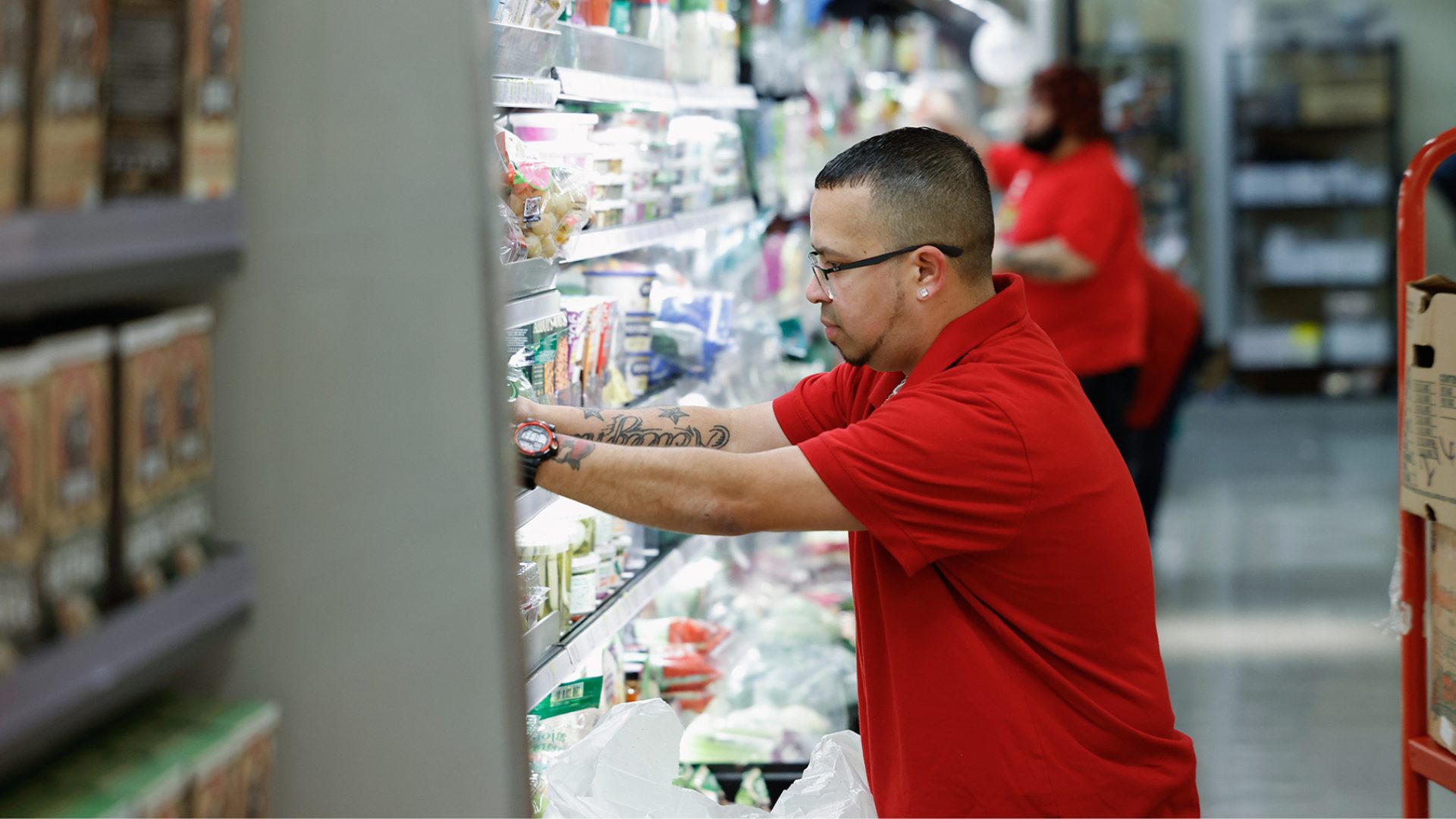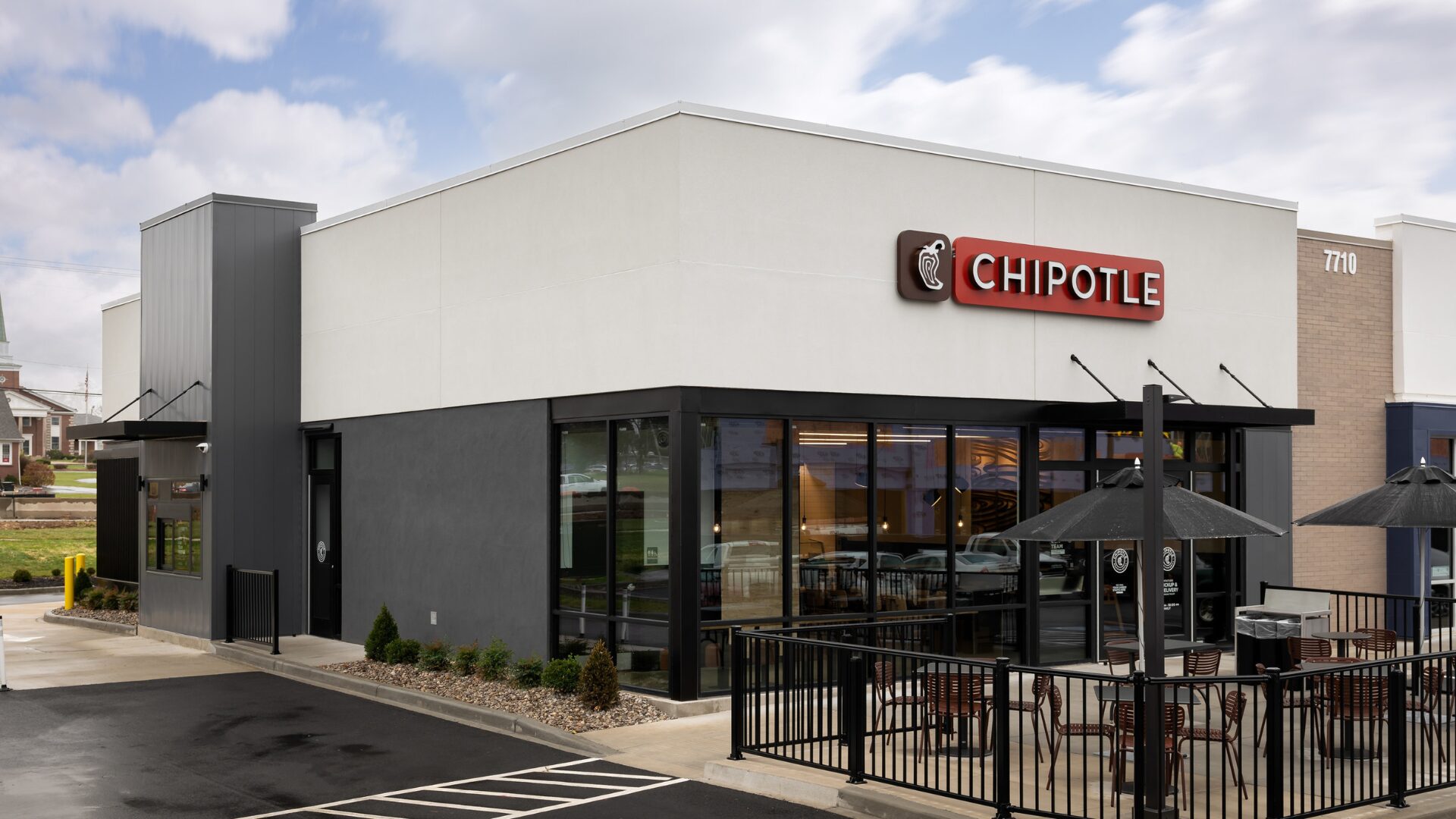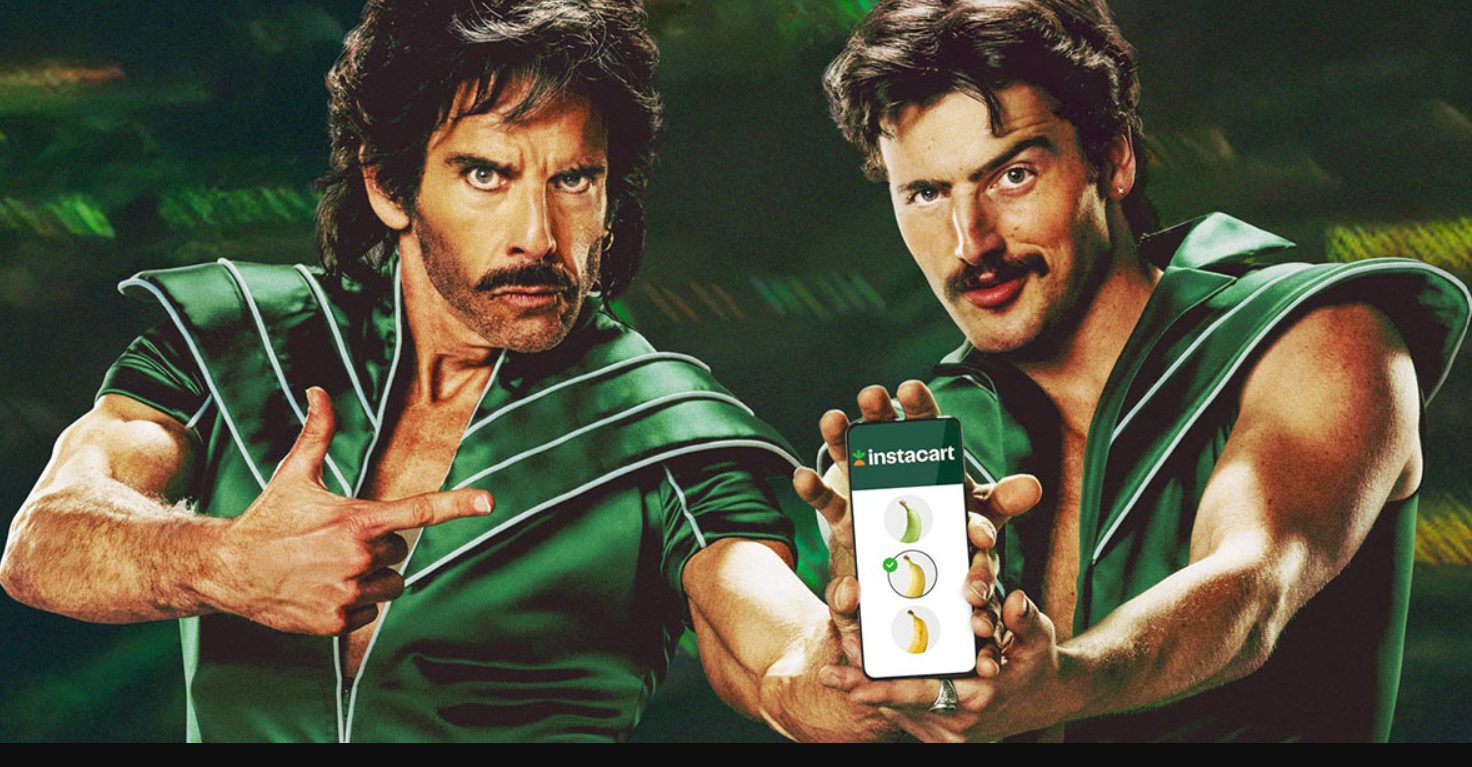Magnetism: what attracts us to something. What is it that makes one brand stand out from the rest? Recently, dcdx released its report, Magnetic 50 for 2025, examining which brands are most appealing to consumers like those that comprise Gen Z.
Brands were scored based on a weighted composite of their user-generated content popularity and consistency over time. User-generated content is key to winning over consumers, especially Gen Z.
According to the report, 70% of Gen Z consumers say that user-generated content was very helpful as part of their buying journey, and 60% of all consumers say they found that user-generated content is the most genuine form of advertising.
The top nine brands in the report generated over half of all user-generated content engagement, representing 133 billion engagements in the past year.
“Brands that rise to the top of our rankings consistently invest in understanding their audience – what drives conversations and how to sustain engagement over time. They treat consumers as fans and build genuine communities, listening, responding, and reacting in real time,” the report noted.
“When brands take this seriously and engage with their fans, they can dramatically improve their market position.”
Notable Brands
A number of food and beverage companies, as well as retailers that sell such products, made the list. Taco Bell, KFC, Chipotle, Walmart, Starbucks, McDonalds, Red Bull and Target were all on the list, though none cracked the top 10.
The most magnetic brand according to the report? Disney.
Although many are still on the list, a number of food and beverage brands were seen as failing by dcdx, because their weekly engagement slope is trending downward. Red Bull, Taco Bell, KFC, Coca Cola, Starbucks, Wingstop, Walmart, McDonald’s, Chipotle, and Target have all lost engagement recently.
Oreo was the food manufacturer with the steepest decline at -13.8.
Keys to Remaining Magnetic
How are brands that were once at the top losing engagements? Pija Ona Indriunaite, brand director at Omnisend, weighed in, noting:
“All of these brands were great at millennial humor back in the 2010s. But when it comes to Gen Z, they simply lack the authenticity and self-awareness that this generation values – especially on TikTok.
“Chipotle might be popular on X and McDonald’s might be good at viral trends, but that’s just not enough when you don’t have a particularly distinctive voice.”
Sne added that brands’ struggles might also be attributed to Gen Z’s skepticism toward big corporations.
Gen Z “is into sustainability, ethics, and corporate responsibility, which makes it much more difficult for legacy brands to maintain credibility,’ Ona Indriunaite said.
“Even when they try to communicate those themes, Gen Z often perceives that as performative.”
Companies need to learn to listen to their consumers and evolve along with them. The brands that succeed will be those that connect with consumers in a meaningful and authentic way, because the best marketing is through positive word of mouth and user-generated content, experts say.
The Food Institute Podcast
How can a food industry trade show spark global culinary creativity? Anuga’s JP Hartmann, U.S. Consul General Preeti Shah, and World Food Championships’ Nikki Jackson share their perspectives on how the U.S. presence at Anuga 2025 is helping to bridge culinary experiences together.




